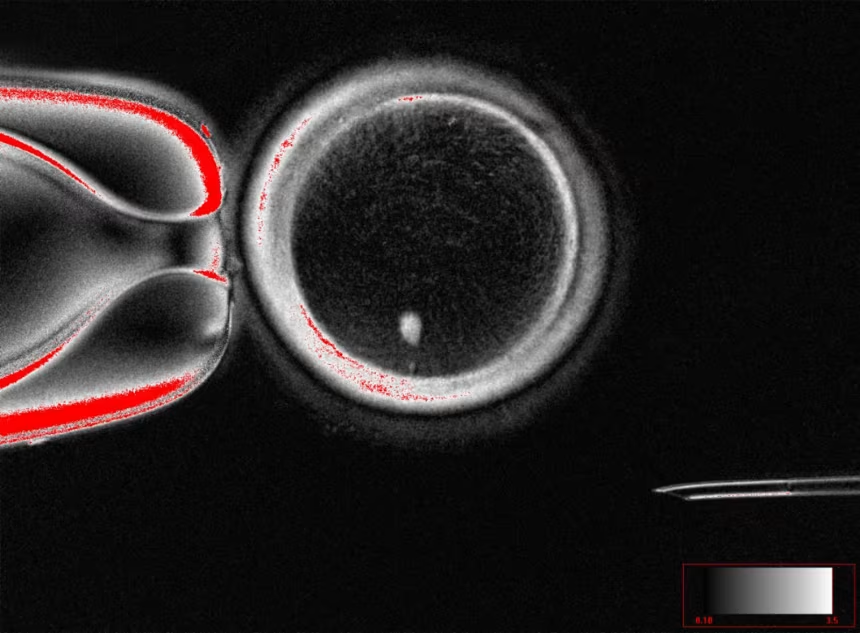A groundbreaking scientific discovery has opened new possibilities for fertility treatment. Researchers have successfully created human eggs using skin cells, marking a historic step that could redefine reproductive medicine and offer hope to millions facing infertility.
In this breakthrough, scientists took skin cells and carefully reprogrammed them to behave like natural eggs. The process involves removing the nucleus of a donor egg and replacing it with the nucleus from a skin cell. This transformation allows the lab-grown cell to function as a human egg capable of being fertilized. Early results show that while only a small percentage of these eggs reach the early embryo stage, the achievement proves that the concept works and can be improved over time.
This discovery could change the future of fertility treatments. It offers new hope for women who cannot produce eggs due to age, illness, or medical treatments such as chemotherapy. It could also one day help same-sex couples have biological children using their own genetic material. Scientists believe that as research advances, the efficiency and safety of the technique will improve, making it a possible clinical option in the years ahead.
However, the breakthrough also raises deep ethical and moral questions. Experts are debating how society should regulate this kind of reproductive technology and ensure it is used responsibly. Concerns include genetic abnormalities, potential misuse of lab-grown embryos, and the broader implications of creating life in a laboratory setting. Many call for clear global guidelines to balance scientific progress with ethical responsibility.
Even with challenges ahead, this achievement represents a revolutionary milestone in fertility science. It pushes the boundaries of what was once thought impossible — transforming simple skin cells into the building blocks of human life. For people struggling with infertility, it signals a future filled with renewed hope, choice, and the promise of parenthood.


